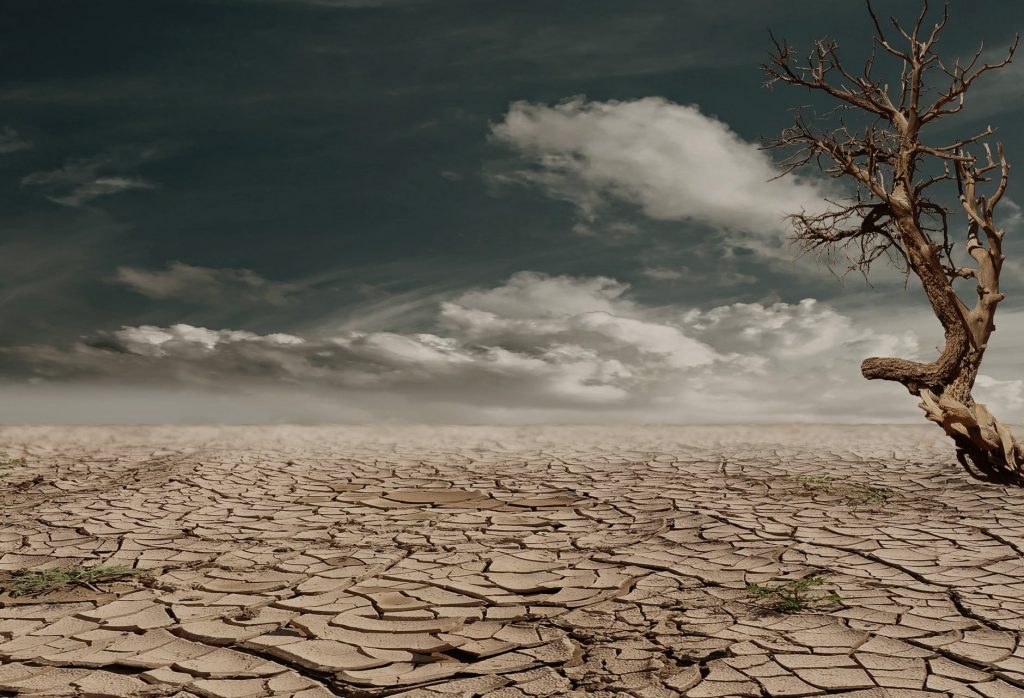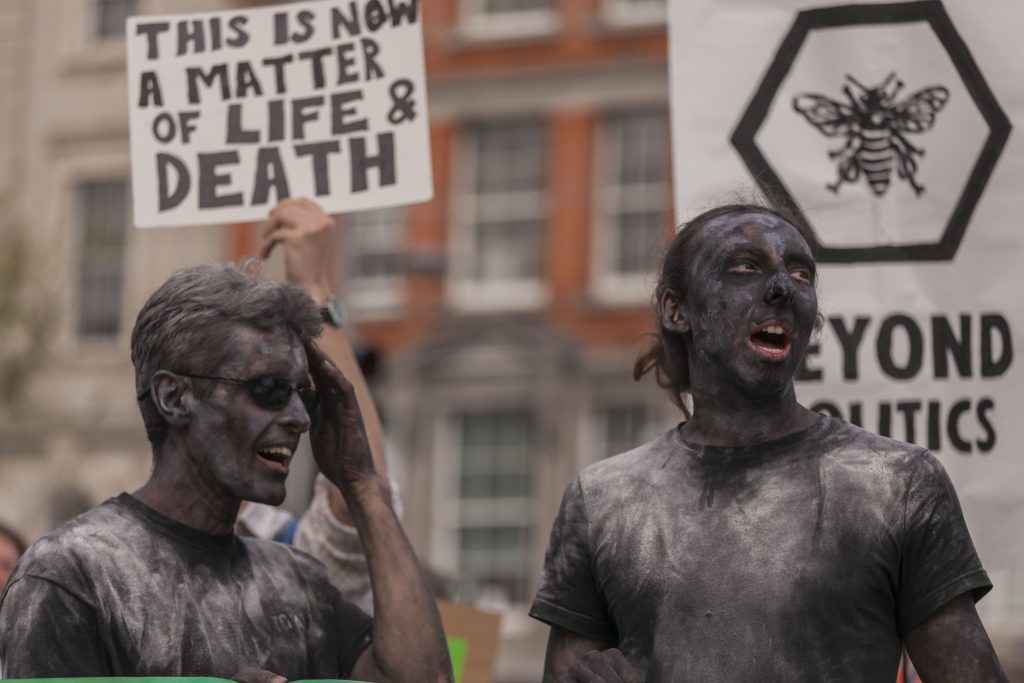Europe’s biodiversity loss as ‘catastrophic’ as climate change, watchdog warns

December 4th, 2019
Europe is failing across the board to protect the natural world and continues to face environmental challenges on an unprecedented scale, the EU’s environmental watchdog has warned.
The European Environment Agency’s (EEA) latest State of the Environment report provides a stark snapshot of where Europe stands in meeting its environmental policy targets for 2020 and 2030.
The report, released every five years, indicates that the EU as a whole is set to miss most of its 2020 environmental protection targets including in the areas of air, water and soil pollution, chemical pollution, and species and habitats protection.
The agency warns that only two of 13 specific policy objectives set for 2020 are expected to be met, namely the designation of protected areas on land and at sea.
At the same time, however, the report points to the poor conservation status for the majority of protected animals, insects, plants and habitats across the bloc.
Long-term monitoring, for example, shows a continuing downward trend in populations of birds, farmland species in particular, with little to no signs of recovery.
This has been primarily due to the loss, fragmentation, and degradation of natural and semi-natural ecosystems caused by agricultural intensification.
Looking ahead to 2030, the report warns that there will be further deterioration of nature and continued pollution of air, water, and soil if current trends continue.
Biodiversity tipping point
The head of the EEA Hans Bruyninckx said that the agency’s findings make it clear that Europe’s environment is “at a tipping point”.
“We have a narrow window of opportunity in the next decade to scale up measures to protect nature, lessen the impacts of climate change and radically reduce our consumption of natural resources,” he said.
“Our assessment shows that incremental changes have resulted in progress in some areas but not nearly enough to meet our long-term goals,” he added.
The findings in the report, according to BirdLife Europe’s Ariel Brunner, is another “gigantic piece of evidence” proving that nature is being “wiped off the face of Europe”.
“Nobody can say that we didn’t know,” Mr Brunner said, pointing to the need for the European Commission’s Green New Deal to response to the crisis at hand.
“From law enforcement to nature restoration, from agriculture to fisheries, the Green Deal needs to signal a U-turn away from business as usual and lead us away from the disastrous path we’re on, degrading the biological resources our very lives depend on,” he said.
EU President Ursula von der Leyen promised upon her election to present a European Green Deal within the first 100 days of taking office in November. A document outlining the proposed make-up of the deal is set to be released next Wednesday.

Pull the emergency brake
The report outlines seven key areas where bold action is required to get Europe back on track to achieve its 2030 and 2050 goals and ambitions.
Two key recommendations are to fully implement existing environmental policies and to develop long-term policy frameworks with binding targets.
The report also stresses that Europe will not achieve its long-term sustainability vision so long as it continues to promote unfettered economic growth with environmental and social impacts as an afterthought.
As such, Friends of the Earth Europe’s director Jagoda Munić has called on the EU to ensure that its green deal puts the environment, climate, and social justice “first in every single decision” above economic imperatives.
The environmental group wants to see the deal call for a rapid phase-out of all fossil fuels including gas, as well as new targets for zero biodiversity loss, zero pollution, and for the restoration of natural habitats such as wetlands and forests.
FOE Europe also wants to see the deal make room for a steep increase in binding renewable and energy efficiency targets, as well as new and transparent just transition funding.
“Banning plastic straws and nudging renewable energy targets is no longer enough – only the boldest action to transform our consumption- and growth-obsessed economy will do,” Ms Munić said.

European climate targets falling short
The EEA report also indicates that the current rate of progress from the EU will not be enough to meet its 2030 and 2050 climate and energy target.
Speaking at the first high level session of the COP 25 conference in Madrid on Monday, both the new President of the European Council Charles Michel and Ms von der Leyen said that the EU’s green deal will aim to see the bloc hit carbon neutrality by 2050.
Climate Action Network (CAN) Europe, an EU-wide environmental NGO coalition, said that it was disappointed that both leaders failed to promise to increase the bloc’s 2030 climate target even though the European Parliament has called for a 55 per cent emissions reduction target by 2030.
“You can’t simply say that our house is on fire and then wait for another 30 years to extinguish,” said CAN European director Wendel Trio. “The EU must propose a substantially increased 2030 climate target in early 2020 to turn the Paris Agreement into a reality and pave the way for other countries.”
“The idea that the Commission could propose a new target only in October 2020, thereby making it impossible for the EU to come with an agreed 2030 target to COP26 would undermine the process, make the Paris targets unattainable and would be completely unacceptable.”
[x_author title=”About the Author”]







